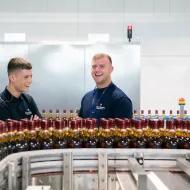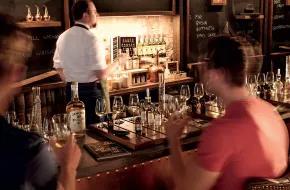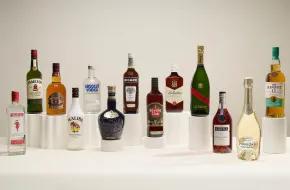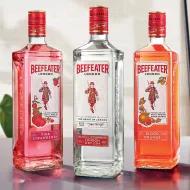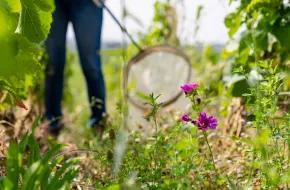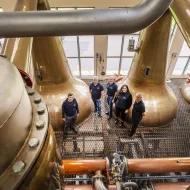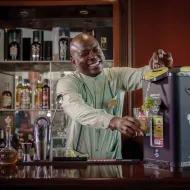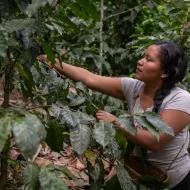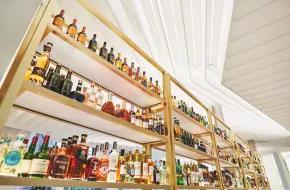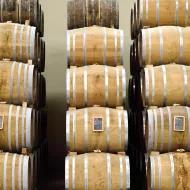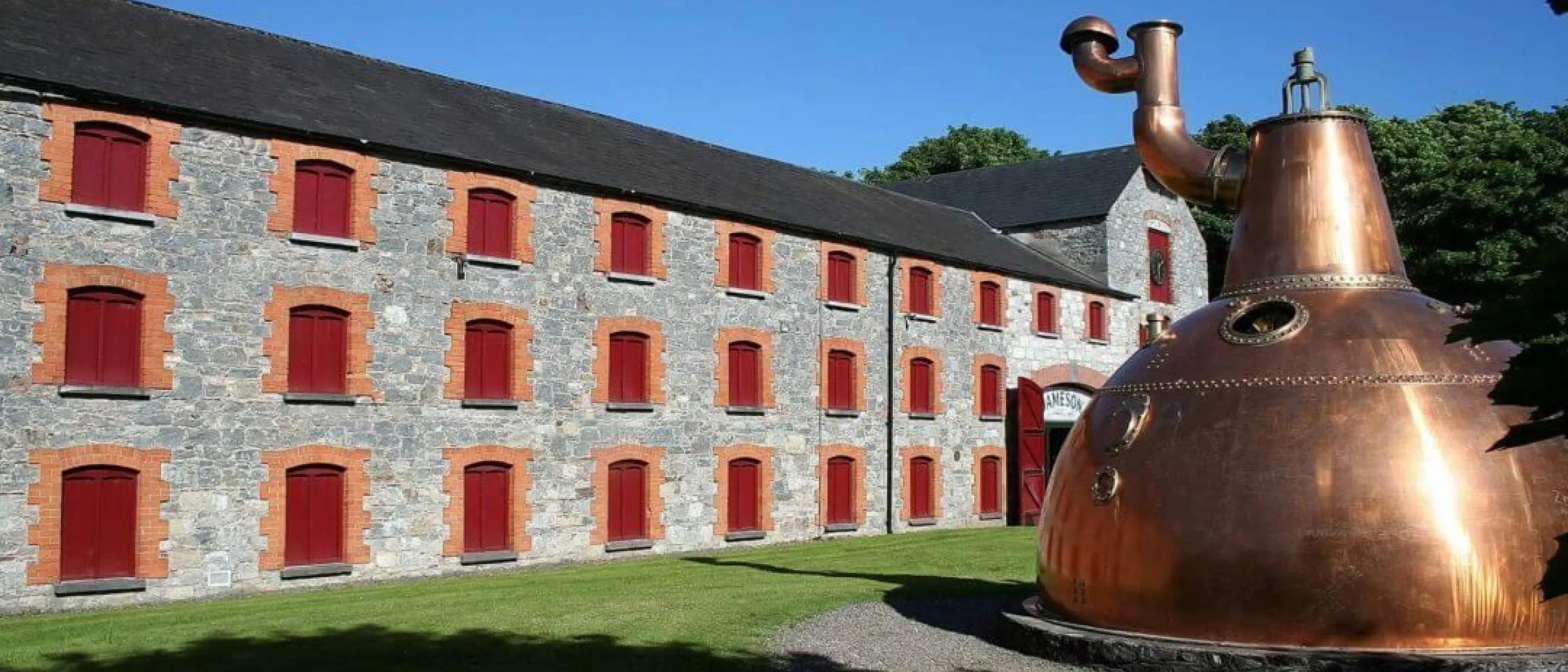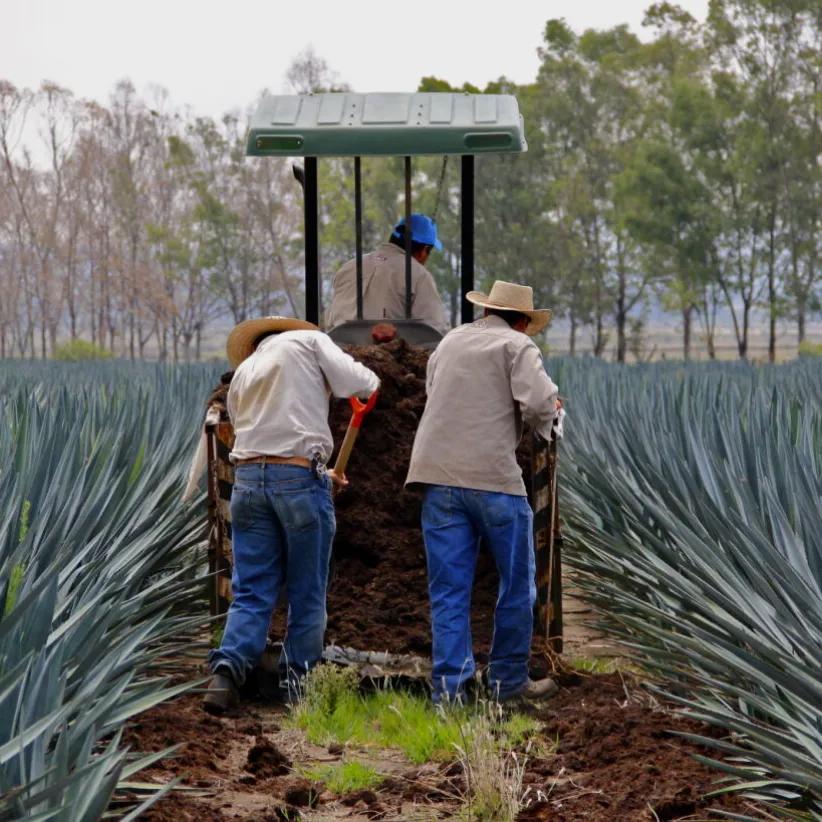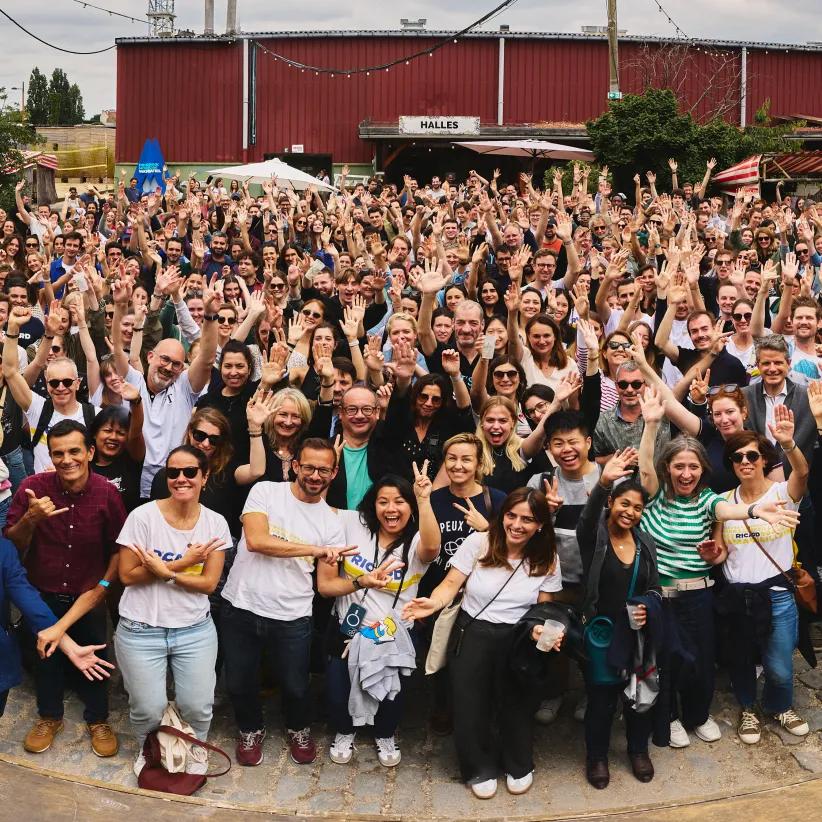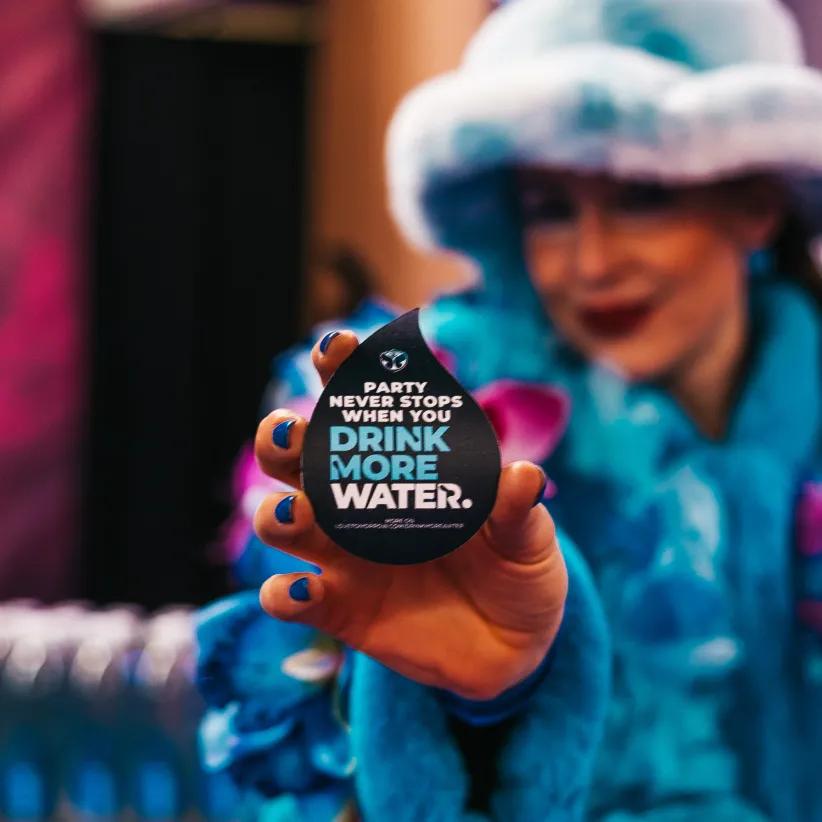We rely on finite resources which are under immense pressure. That’s why we are committed to minimising waste at every step while imagining new production methods to optimise and help preserve natural resources.
What we are doing
With net-zero science-based targets in line with a 1.5°C trajectory, we are committed to tackling climate change throughout our value chain.
In order to do this, we are reducing our carbon emissions in our own operations by improving energy efficiency, implementing new technology and switching to renewable energy. We are also working with our supply chain to help reduce our overall carbon footprint linked to the procurement of packaging and agricultural materials as well as transportation and logistics.
To reduce our carbon footprint and minimise waste linked to packaging, we are reducing the weight of our bottles, increasing their recycled content, and looking at ways of reducing carbon emissions in the manufacturing process.
Our affiliates are currently developing water reduction roadmaps, helping to reduce our overall water consumption intensity (per unit of distilled alcohol) and replenish water basins in high risk areas.

Our commitments

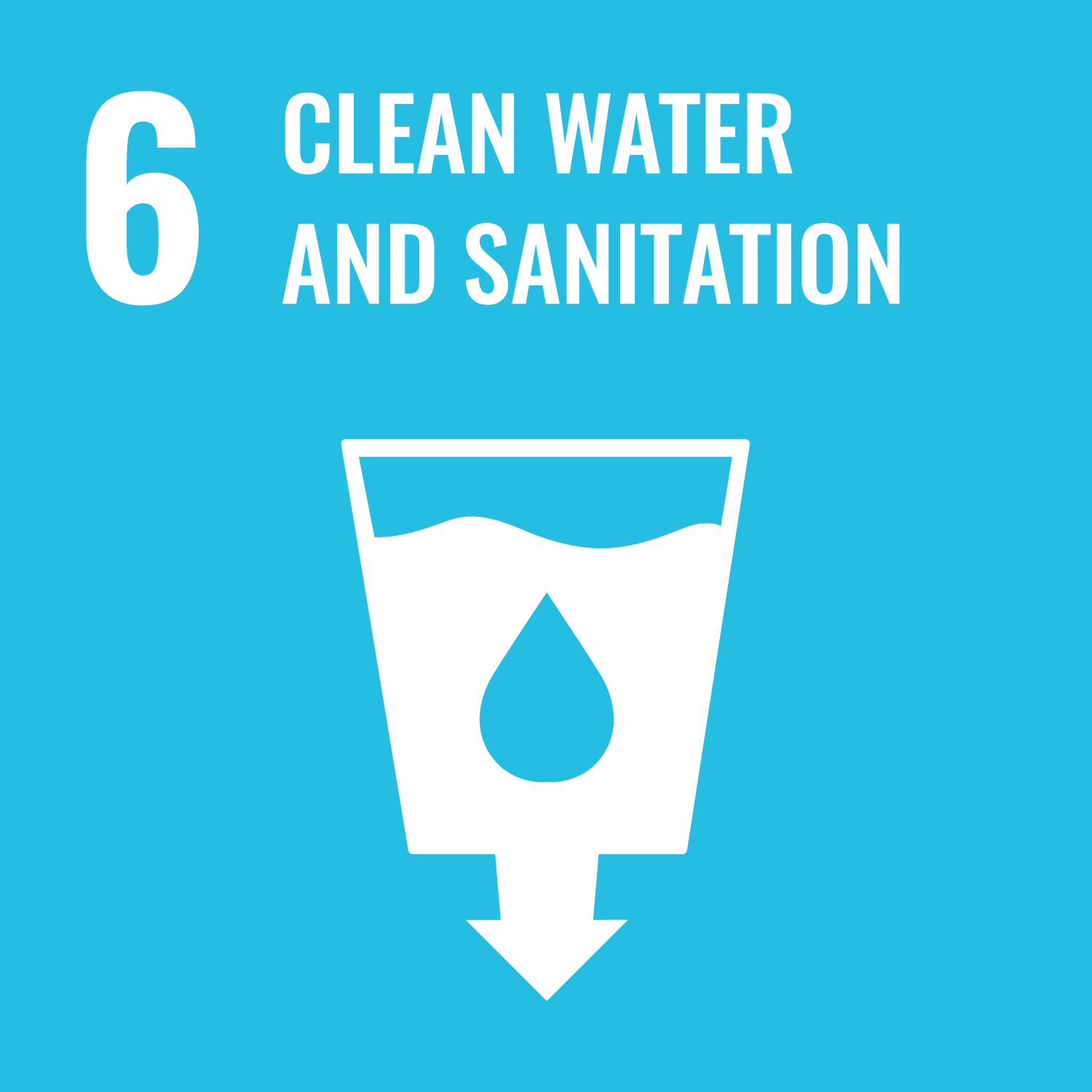
-
Reduce water consumption intensity by 20% vs FY18 and tend towards 100% water replenishment in high-risk areas
-
Reduce Scope 1 and 2 emissions in absolute value by -54% vs FY22 through energy efficiency and renewable energy
-
Reduce scope 3 emissions in absolute value by -25% vs FY22 through low carbon agriculture and distillation for pure alcohol, ecodesign in packaging, recycled content, circular models and sustainable logistics
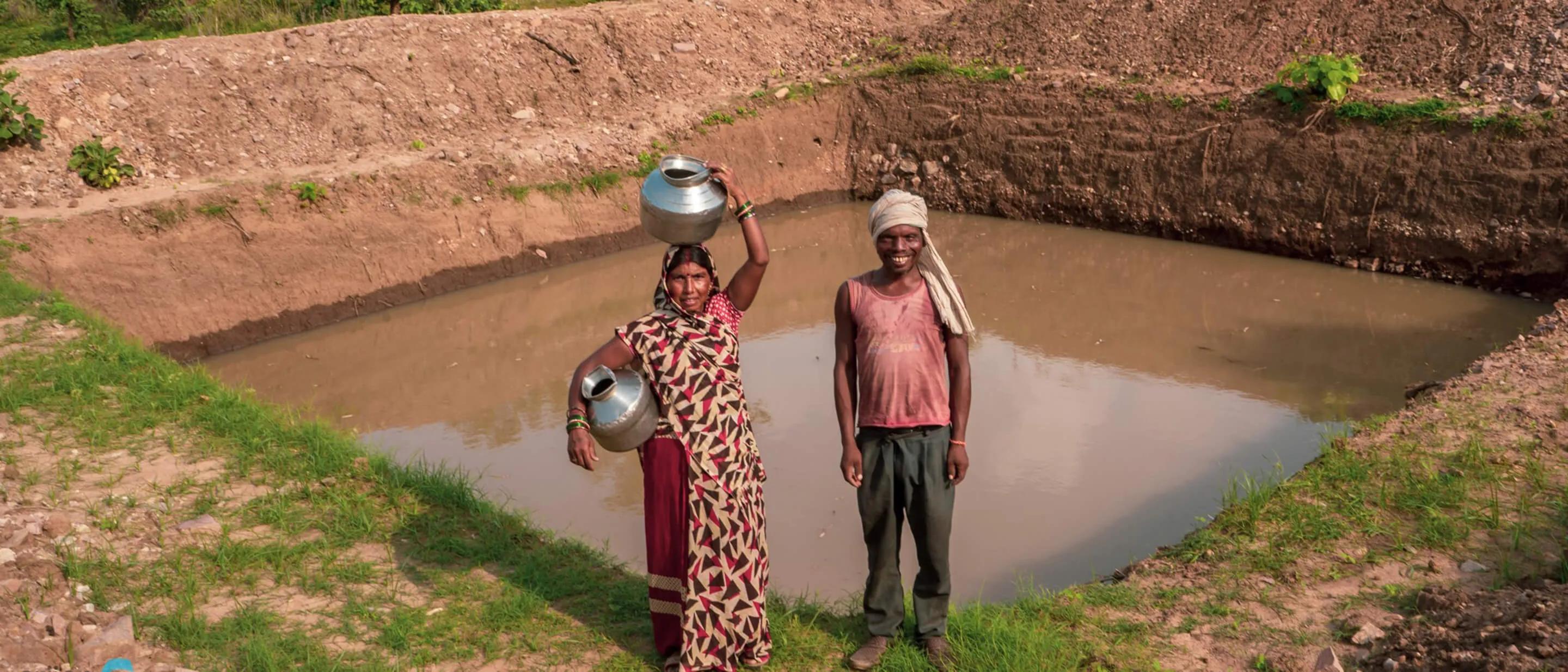
Case Studies
See how our brands are implementing projects to ensure a sustainable future.
Innovations in Paper Packaging
Pernod Ricard India – Water Conservation Projects
Absolut Vodka: the world’s first carbon neutral distillery
Chivas Brothers: carbon neutral distillation by 2026
We are proud signatories of

A global coalition of UN agencies, business and industry leaders, in partnership with the Race to Zero, urging companies to set science-based net-zero carbon reduction targets in line with a 1.5°C and net-zero future.
We are a proud partner of
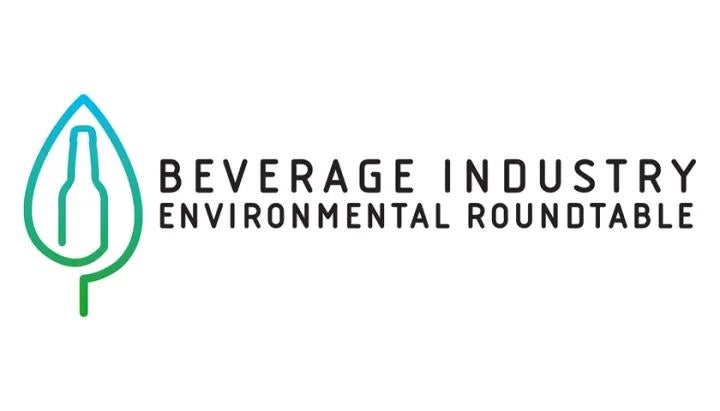
A technical coalition of leading global beverage companies working together to advance environmental sustainability within the beverage sector to ensure a sustainable continuity and future of the industry.
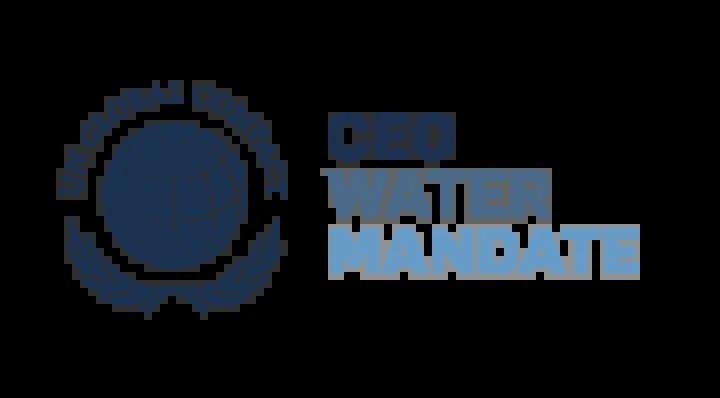
An initiative that seeks to mobilize a critical mass of business leaders to address global water challenges through corporate water stewardship in partnership with the United Nations, governments, civil society and other stakeholders.
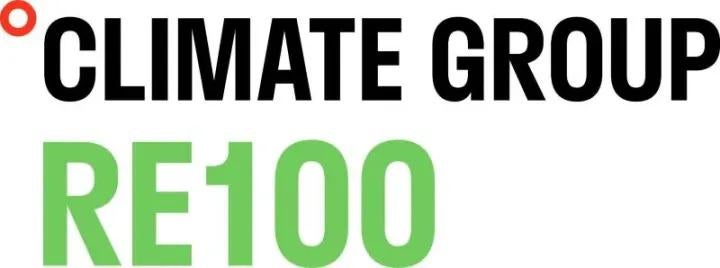
RE100 is the global corporate renewable energy initiative bringing together hundreds of large and ambitious businesses committed to using 100% renewable electricity.





